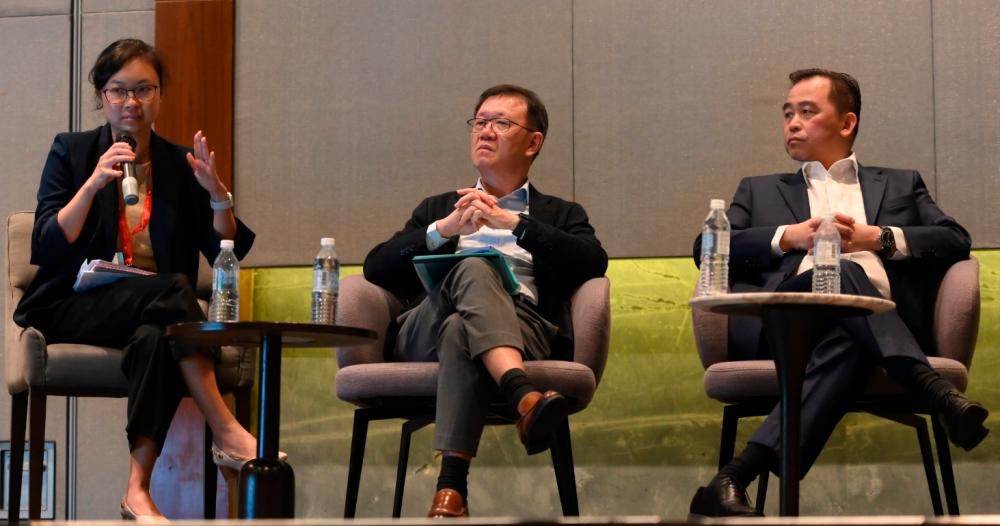KUALA LUMPUR: As the unity government led by Prime Minister Datuk Seri Anwar Ibrahim reaches its one-year milestone, it will be crucial for stakeholders to closely observe the federal government’s implementation of pledged reforms, said Socio-Economic Research Centre (SERC) executive director Lee Heng Guie.
He noted that 2023 is a transition year for the unity government, where it set its policy direction through several frameworks such as the Madani framework, National Energy Transition Roadmap, New Industrial Master Plan 2030 and the Mid-term review for the 12th Malaysia Plan (2021-2025).
“Next year is a year for us to monitor, to track how good they are in terms of delivering whatever promised reform and policy setting,” Lee said during the CEO Series 2023 (Economy & Business Forum) yesterday.
He said that while businesses, investors and consumers do not expect the government to deliver on 100% of its promised reforms, it is crucial for the government to work towards future-proofing the country before the next general election.
Lee reckoned that 2024 will be a year of adjustment for Malaysia as a whole, as the market gradually acclimates due to the uncertain external backdrop. In undertaking reform, he pointed out that any government will take time to gradually sequence reform so as to oversee impacts on the country and economy.
“They have to manage the impact on the business and on the consumer, this is how (I expect) how (the unity government will) want to navigate Malaysia through different phases (of default),” he added.
On key risks, Lee said that in terms of external factors, the government should continue to monitor the US and China economic outlook, as well as geopolitcal conflicts. “The third one is more related to us, on how effective the budget measures will be implemented.”
Touching on the government’s intention to review subsidies as well as price control next year, Lee said there is a possibility that it could affect inflation and the cost of living.
He called for a whole government approach, whereby there will be more collaboration between the public and private sectors to execute reforms.









